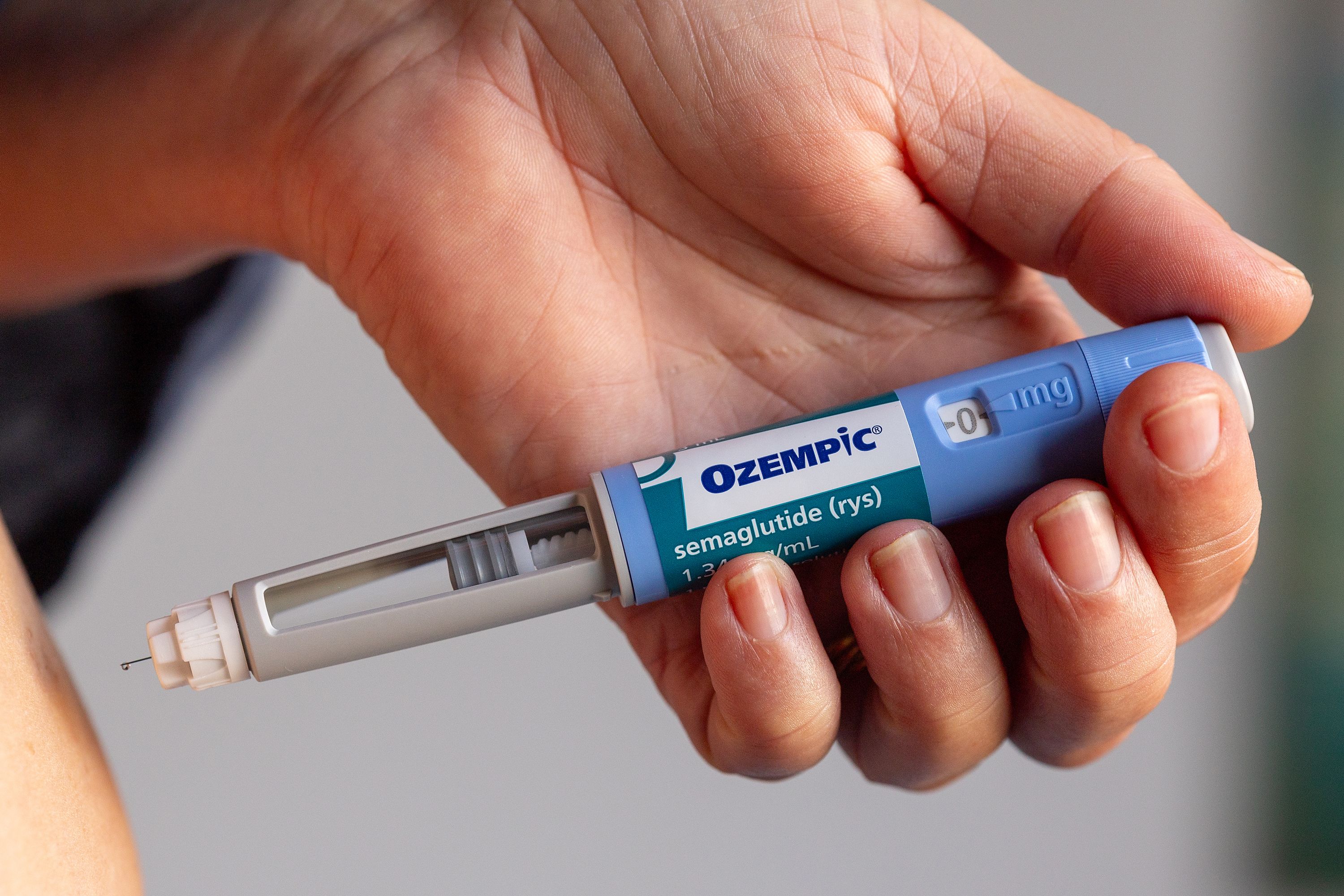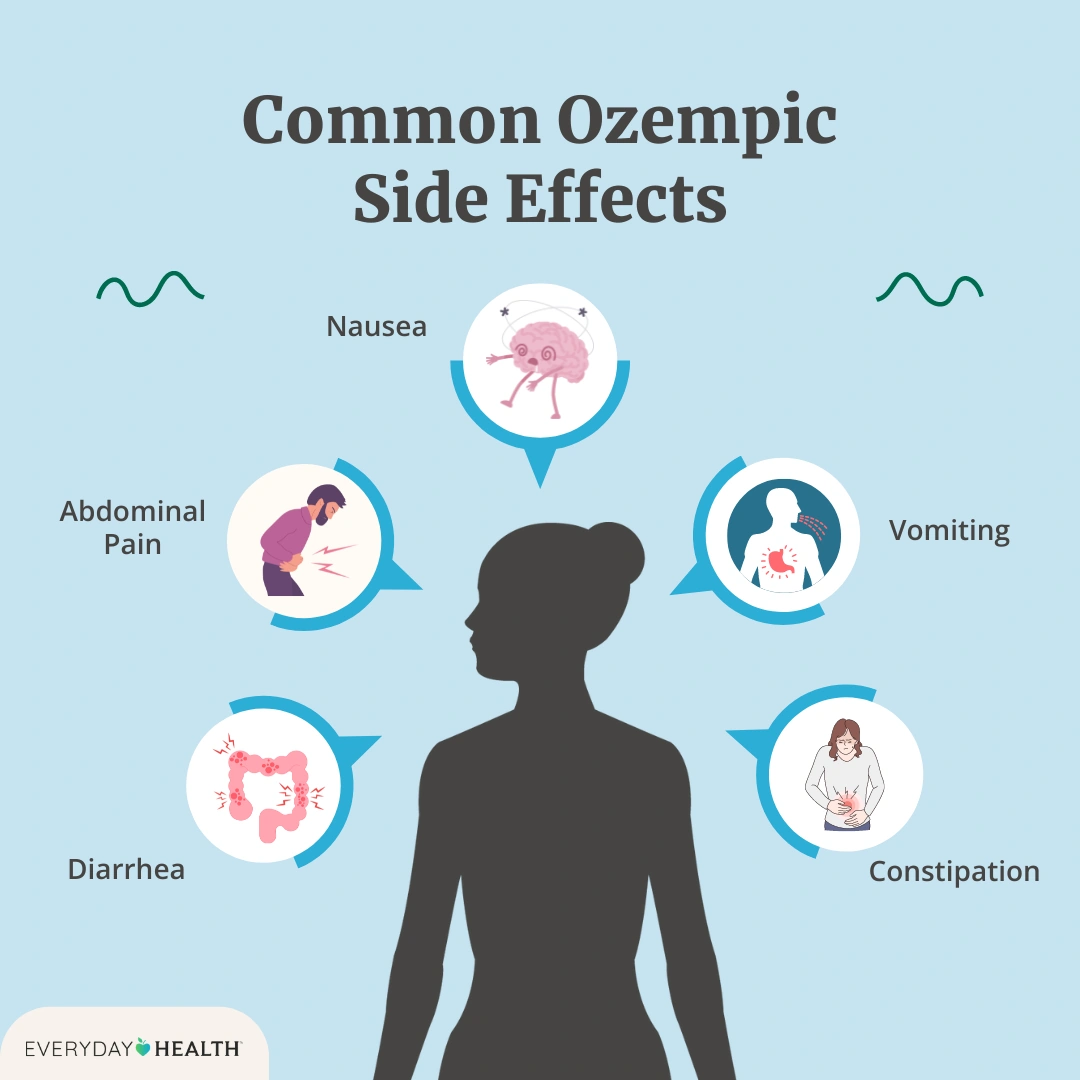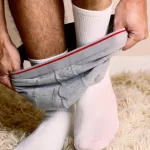
Hunger Comes Roaring Back
Let’s not sugarcoat it—quitting Ozempic is weirdly emotional. If you’ve been using it for type 2 diabetes or weight loss, you know how that weekly shot starts to feel like a safety net. And suddenly, you’re staring down a decision you didn’t totally expect to make. Maybe your insurance changed, maybe the side effects got rough, or maybe it’s just time for a reset.
Here’s a little truth I wish someone had told me: when you stop Ozempic, your body acts like it’s been let out of a cage. All those little food cravings you barely noticed? Turns out, Ozempic was keeping them in check, not making them disappear for good. For the first few weeks, hunger comes back—sometimes with a vengeance as described by real-world experiences. You might suddenly find yourself doing the classic fridge wander at 9 p.m., hunting for snacks you thought you’d long since left behind.
Here’s a little truth I wish someone had told me: when you stop Ozempic, your body acts like it’s been let out of a cage. All those little food cravings you barely noticed? Turns out, Ozempic was keeping them in check, not making them disappear for good. For the first few weeks, hunger comes back—sometimes with a vengeance as described by real-world experiences. You might suddenly find yourself doing the classic fridge wander at 9 p.m., hunting for snacks you thought you’d long since left behind.
What Does Appetite “Rebound” Really Feel Like?
Picture this: You take your last injection, and within a week or two, food noise ramps up. Your brain gets a bit noisy—”Should I eat now? How about now? Cheese? Toast? Both?” Eating doesn’t fill you up like it used to. Honestly, some people describe it almost like a switch got flipped.
Personal stories from the trenches
A friend of mine, let’s call her Jen, described it as “hunger coming back like winter after a fake spring.” She swore she was thinking about snacks every hour, on the hour. Another buddy, Mike, actually lost a few more pounds right after stopping… but, full disclosure, it only lasted a month before the scale started inching up again.
The Weight Gain Curve
So, about the elephant in the room: weight gain. This is the one everyone whispers about. Clinical trials and loads of anecdotal info make it pretty clear. Most people regain at least half, often even the majority, of the weight they lost within a year of stopping Ozempic (as seen in nutrition research).
Is it just you? Nope, it’s biological. Ozempic works by changing hormone signals so you feel full longer and eat less. When your body metabolizes that last dose (about five weeks after your last shot, if you’re wondering) according to Medical News Today, those signals stop, your old appetite returns, and chances are your portion sizes creep up. It’s not about “willpower.” It’s chemistry—plain and simple.
How Fast Does Weight Gain Happen?
This depends on your eating and activity habits, but for many, it’s striking. One study shows most people regain two-thirds of the lost pounds in 6–12 months based on findings summarized by GoodRx. The cruel twist? That weight tends to settle faster around your midsection—yep, the stubborn belly zone.
Practical tips (from someone who’s been there)
Here’s the thing: the extra hunger can trip you up unless you double down on mindful eating. If you want a softer landing, check out How to not gain weight after stopping Ozempic. Think smaller plates, slower meals, maybe even meal-prepping ahead. If you’ve struggled to stay full, fiber-rich foods really do help—yes, lentils again. Sorry, not sorry.
Blood Sugar, Energy, and More
For anyone using Ozempic for type 2 diabetes, stopping has ripple effects that go deeper than hunger and weight. The main thing? Your blood sugar starts to climb. This can feel like crashing energy, foggy thinking, even headaches or thirst. Ever get that heavy-eyed, blah feeling in the afternoon? That’s one way high blood sugar sneaks up on you according to diabetes resources.
What to Watch Out For (and When)
| Timeline After Stopping | Possible Symptoms |
|---|---|
| Day 1–7 | Increased cravings, no longer feeling as full after meals |
| Week 2–4 | Noticing higher blood sugar, more frequent thirst & urination, sluggishness |
| Week 4–8 | Appetite settles, but weight starts to creep up if habits don’t change |
| After Month 2 | Body generally readjusts, but long-term trends in weight & blood sugar are clear |
If you have a glucometer, this is your moment to dust it off. Keep a log for the first month—it might help spot patterns you otherwise miss. And don’t panic: a week of weird numbers is normal, but if it sticks, talk to your doctor about tweaking your plan.
What about “withdrawal” effects?
Real talk: Ozempic isn’t addictive in the “can’t live without it” sense, but your body does miss those benefits at first. Sometimes you’ll see it called “Ozempic withdrawal”—but it’s really just your baseline state coming back based on expert nutrition advice. Nausea, vomiting, and those intense fullness feelings? They fade. But in their place, hunger and cravings show up to the party.
Beyond the Basics: Other Surprises
Some side effects of Ozempic after stopping are sneakier. Here’s a funny one: “Ozempic face.” While you’re on it, rapid weight loss can make your face lose volume—some folks actually like regaining a little fullness post-stop. Your digestion might get speedier again–for those who hated the constipation, you could find relief.

A handful of readers told me about random drowsiness or even mood swings (I get grumpy when my blood sugar goes up, so… same). For a tiny group, stopping quickly can spike blood pressure or cholesterol if nothing else in the routine changes.
Type 2 Diabetes and Health Risks: Not Just Numbers
If you’re also using Ozempic for heart or kidney protection (your doc may have mentioned this), heads up: that extra safety net gently fades. This means old risks—like heart issues—can slowly creep back. Honestly, it’s not something to lose sleep over tonight, but it’s worth discussing with your provider.
How long does Ozempic hang around, anyway?
Depending on dosage and time on the drug, Ozempic can take five to seven weeks to totally leave your system as described in medical reviews. Most side effects or withdrawal symptoms peak within the first few weeks after stopping, then gradually improve as your body adapts. If you want the blow-by-blow, that transition phase is often when your appetite and blood sugar are at their wildest, then (deep breath) things settle down a little as your body finds a new normal again.
Stopping and Restarting—A Real Thing
Some folks have to stop Ozempic because of supply issues or tough side effects… but end up trying again later. Yep, that’s okay! But don’t DIY—there’s an art (and some science) behind stopping and restarting Ozempic for weight loss. Doctors may recommend tapering to soften side effects, or switching to different meds entirely. If you’re thinking of going back on, bookmark Stopping and restarting Ozempic for weight loss so you can plan a smoother transition next time.
Pros and Cons if You Restart
Reintroducing Ozempic will usually bring appetite and glucose control back fairly fast—most people notice a difference within two weeks. But watch out for old side effects like initial nausea. There’s no shame in trying again, especially if your doctor recommends it as the best plan for your health.
How To Survive (and Thrive) After Stopping
The good news? You are absolutely not doomed to regain every single pound… especially if you’ve built small, real-life healthy habits along the way. Here’s what seems to work best, based on my messy, very human circle of friends who’ve been on this ride:
- Don’t wait for the rebound: Start adding non-scale wins—like after-dinner walks or putting veggies on half your plate—right now. Don’t worry, there are plenty of tips over at How to not gain weight after stopping Ozempic if you need ideas you can actually stick with.
- Mental prep is real: Before stopping, jot down all the things you like about your routine now. If you’re used to “outsourcing” control to your med, this shift makes it easier to keep what works and swap out what doesn’t.
- Keep your provider on speed dial: Lots of folks feel low-key embarrassed telling their doc, “Hey, I gained weight back.” But… that’s literally their job. They can help adjust other meds, recommend nutrition support, or just remind you this isn’t a one-shot deal.
- Don’t go it alone: Find a buddy, a group chat, or an online community. Seriously—a quick “ugh, cravings are killer tonight” text can be a lifesaver.
Sample Daily Routine for the First Month Off
| Morning | Afternoon | Evening |
|---|---|---|
| Hydrate early; Protein at breakfast; Check blood sugar | Short walk after lunch; Snack on fruit or nuts; Journal if cravings spike | Veggie-heavy supper; Screen-free hour; Wind down, prep tomorrow’s lunch |
Building Lasting Habits (Yes, Even Without Ozempic)
This is the money question, isn’t it? After stopping your med, is it really possible to keep your wins? Honestly… yes, but it usually means getting a little creative. Some people find tracking meals on an app actually helps them spot patterns before things spiral. Others love figuring out a “non-negotiable” (say, a post-dinner walk) and making it stick no matter what. If food feels noisier, distract yourself: call a friend, stretch, read trashy celeb news. No shame!
Stories From the Messy Middle
I’ll leave you with this: a buddy of mine, Grace, actually kept off 80% of the weight she lost on Ozempic by turning the focus from diet to daily routines—like eating at the table, not the couch. Did she have off weeks? All the time. But the point is, she didn’t wait for the rebound to drag her; she adjusted, one bumpy day at a time.
Time to Take the Next Step
So… what now? The side effects of Ozempic after stopping can hit hard: hunger, cravings, maybe even a number on the scale you’d rather not see. But it isn’t some dramatic “withdrawal”—it’s just your body going back to baseline. If you prep with a few new habits and lean on your support system, you’ll ride out the storm. Remember, almost everyone faces the rebound, and that doesn’t say anything about you or your motivation.
If you need more support, peek at How to not gain weight after stopping Ozempic or read more on Stopping and restarting Ozempic for weight loss. Most importantly—don’t give up, don’t go silent, and don’t be afraid of small, imperfect progress. One step, one meal, one conversation at a time. You’ve got this.


















Leave a Reply
You must be logged in to post a comment.